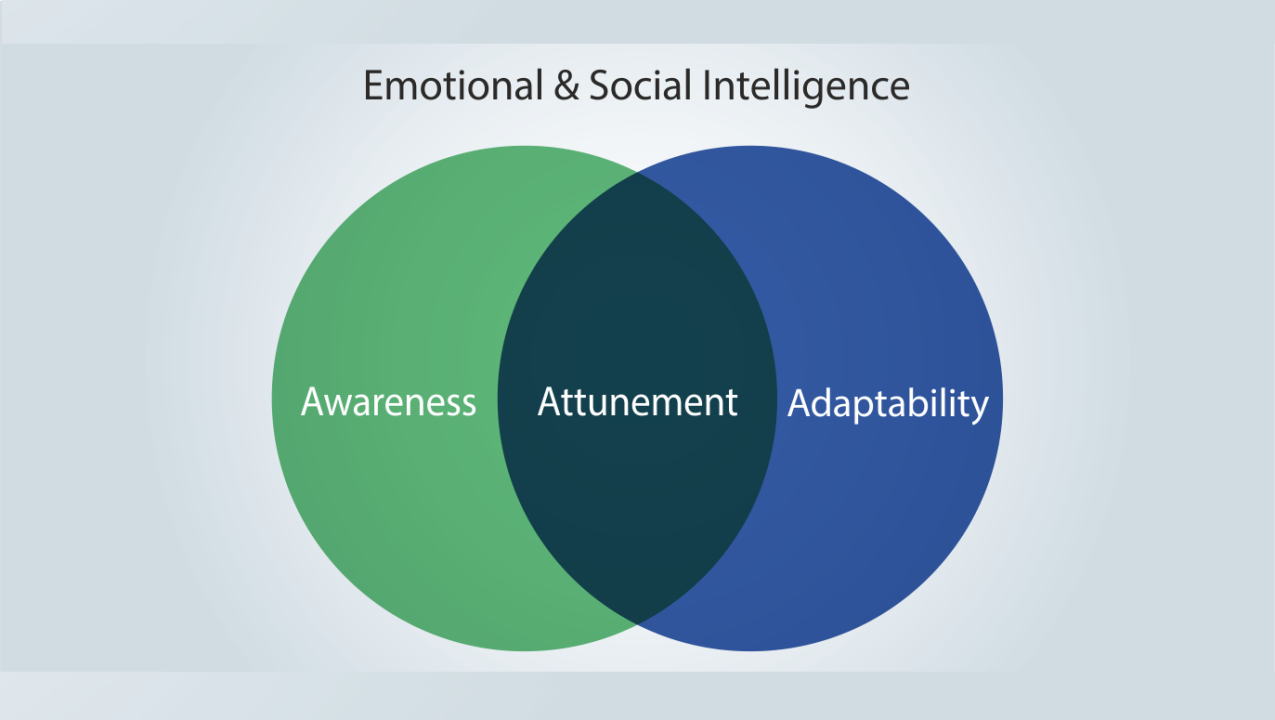
Emotional Attunement Practices per Enneagram Type
Emotional attunement practices can be beneficial for individuals of all Enneagram types as they help cultivate self-awareness, empathy, and healthier and adaptable emotional connections with others. Here are some suggested practices tailored to each Enneagram type:
Enneagram Type 1 (The Perfectionist):
- Practice self-compassion and acknowledge that it's okay to make mistakes.
- Engage in mindfulness exercises to become more aware of your emotions in the present moment.
- Cultivate a non-judgmental attitude towards yourself and others, allowing for greater empathy.
Enneagram Type 2 (The Helper):
- Focus on self-care and setting boundaries to avoid becoming overly enmeshed in others' emotions.
- Practice active listening to truly understand and empathize with others' feelings.
- Engage in reflective journaling to explore and process your own emotions independently.
Enneagram Type 3 (The Achiever):
- Set aside time for introspection to connect with your authentic emotions beyond your achievements.
- Seek feedback from trusted individuals to gain a deeper understanding of your impact on others.
- Practice vulnerability by sharing your struggles and challenges with trusted individuals.
Enneagram Type 4 (The Individualist):
- Engage in artistic or creative outlets to express and explore your emotions.
- Practice self-acceptance and embrace the full range of emotions, including both positive and negative ones.
- Seek emotional support from trusted individuals and share your deepest feelings with them.
Enneagram Type 5 (The Investigator):
- Allocate time for emotional self-reflection and introspection.
- Engage in activities that connect you with your body and emotions, such as yoga or meditation.
- Practice active empathy by observing and understanding others' emotional cues and non-verbal communication.
Enneagram Type 6 (The Loyalist):
- Cultivate self-trust and practice self-compassion to manage anxiety and fear-based emotions.
- Engage in open and honest communication to express your feelings and needs.
- Develop trust in others by giving them the benefit of the doubt and assuming positive intentions.
Enneagram Type 7 (The Enthusiast):
- Set aside time for introspection and reflection to connect with deeper emotions.
- Practice grounding techniques, such as deep breathing or meditation, to anchor yourself in the present moment.
- Practice delayed gratification by allowing yourself to fully experience and process difficult emotions.
Enneagram Type 8 (The Challenger):
- Cultivate vulnerability by allowing yourself to acknowledge and express your own emotions.
- Practice active listening and empathy, acknowledging the emotions of others without trying to control or overpower them.
- Engage in self-reflection to identify and address the root causes of anger or frustration.
Enneagram Type 9 (The Peacemaker):
- Practice active engagement with your own emotions by checking in with yourself regularly.
- Set healthy boundaries and express your needs and desires in a calm and assertive manner.
- Engage in conflict resolution exercises to address underlying emotions and concerns.
Remember, these practices are not meant to be exhaustive, and individuals of each Enneagram type may benefit from various other emotional attunement techniques. It's important to approach these practices with an open mind, curiosity, and a willingness to explore and grow emotionally.
Professional and Executive Coach | Leadership Development | Psychotherapist | Entrepreneur
11moGreat stuff Allan!
Estate Planning Attorney & Family Business Consultant
11moGood info, thanks Allan Silva